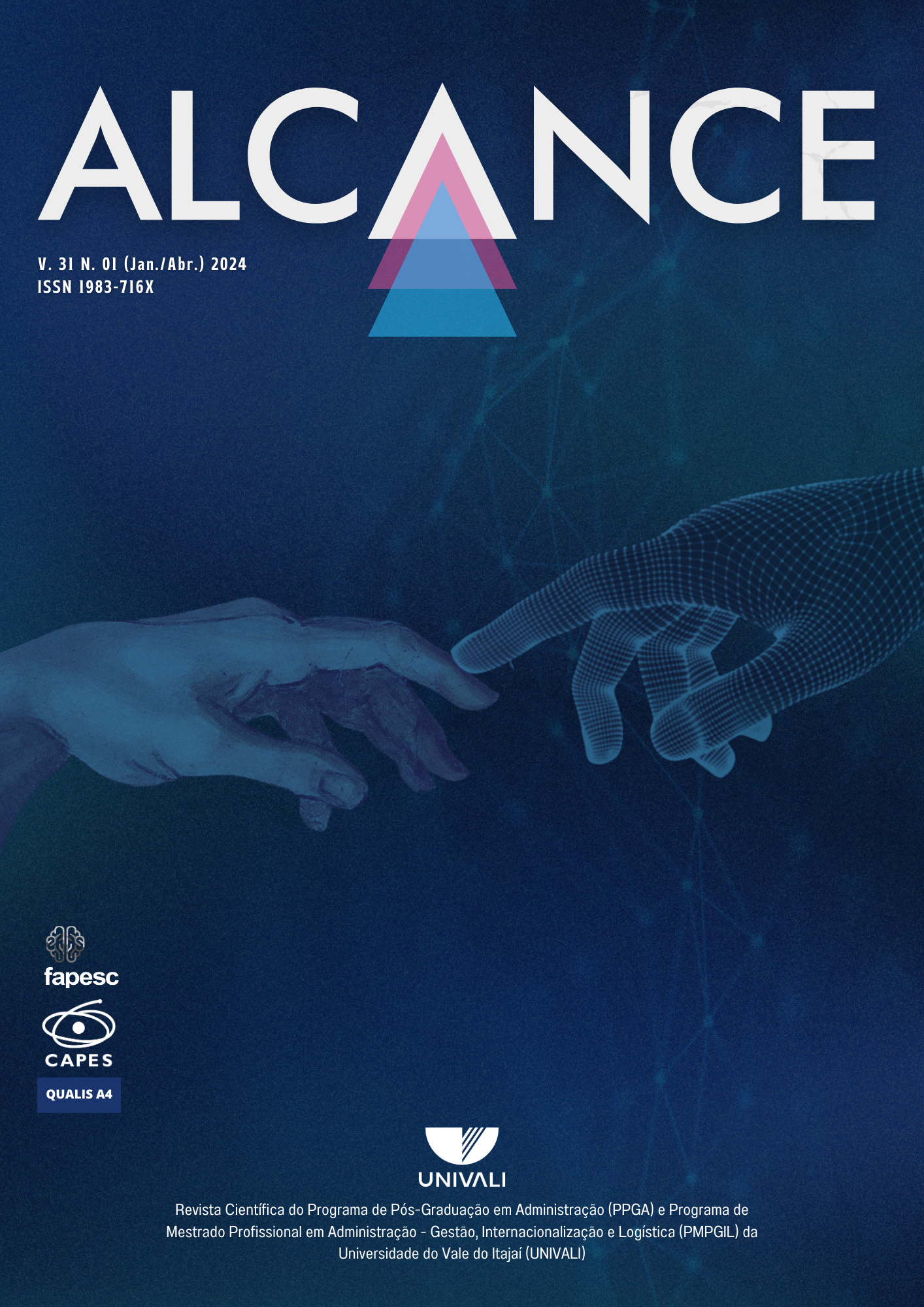
Dilemma - An immediate and evident dilemma is the choice between leveraging the company via a pipeline or a platform. Another important consideration, although less explicit, are the trade-offs between scalability, quality control, and limitation of liability on digital platforms.
Educational Objective - After discussing this case, students are expected to: a) Understand the main business characteristics of pipeline and platform types; b) Understand the difference in scalability between pipelines and digital platforms; c) Understand the trade-off between scalability and quality control on digital platforms; d) Understand the trade-off between quality control and limitation of liability on digital platforms.
Context - Thiego Paes, Head of Business Development at Wemobi, is examining possible strategies to expand the company's operations, a Brazilian digital platform that connects passengers and bus companies.
Main Theme - The scalability of digital platforms in the passenger road transport sector in Brazil.
Audience - The case is recommended for undergraduate or graduate students in courses related to the field of management. Its application is suitable for courses in strategy, digital transformation, and innovation.
Originality/Value - The case stands out for exploring concepts of digital platforms applied to the road passenger transport sector in Brazil. By focusing on the challenges faced by a Brazilian startup in this realm, the case offers unique value to enrich discussions related to digital transformation in this sector.




Agência Nacional de Transportes Terrestres. (2023). Site. Recuperado de https://portal.antt.gov.br
Amado, G. (2023, janeiro 25). TCU pode liberar 468 cidades para empresa de ônibus. Metrópoles. Recuperado de https://www.metropoles.com/colunas/guilherme-amado/tcu-pode-liberar-468-cidades-para-empresa-de-onibus
Bonfim, M. (2023, janeiro 2). Startup de transporte rodoviário, Wemobi fatura R$67 milhões e prevê investimentos de R$10 milhões. Exame. Recuperado de https://exame.com/negocios/startup-de-transporte-rodoviario-wemobi-fatura-r-67-milhoes-e-preve-investimentos-de-r-10-milhoes/
Buser. (2023). Site. Recuperado de https://www.buser.com.br
Choudary, S. P. (2015). Platform Scale: How an emerging business model helps startups build large empires with minimum investment. Platform Thinking Labs. eBook.
CNT. (2023). Site. Recuperado de https://www.cnt.org.br
Cusumano, M. A., Gawer, A., & Yoffie, D. B. (2019). The Business of Platforms. HarperCollins. eBook.
Decreto n. 2.521, de 20 de março de 1998. (1998). Dispõe sobre a exploração, mediante permissão e autorização, de serviços de transporte rodoviário interestadual e internacional de passageiros e dá outras providências. Brasília, DF. Recuperado de https://www.planalto.gov.br/ccivil_03/decreto/d2521.htm
Eisenmann, T., Parker, G. G., & Van Alstyne, M. W. (2006). Strategies for two-sided markets. Harvard Business Review. Recuperado de https://hbr.org/2006/10/strategies-for-two-sided-markets
Flixbus. (2023). Site. Recuperado de https://www.flixbus.com.br
IBGE. (2023). Site. Recuperado de https://www.ibge.gov.br
Lei n. 10.233, de 5 de junho de 2001. (2001). Dispõe sobre a reestruturação dos transportes aquaviário e terrestre, cria o Conselho Nacional de Integração de Políticas de Transporte, a Agência Nacional de Transportes Terrestres, a Agência Nacional de Transportes Aquaviários e o Departamento Nacional de Infraestrutura de Transportes, e dá outras providências. Brasília, DF. Recuperado de https://www.planalto.gov.br/ccivil_03/leis/leis_2001/l10233.htm
Lei n. 12.587, de 3 de janeiro de 2012. (2012). Institui as diretrizes da Política Nacional de Mobilidade Urbana; revoga dispositivos dos Decretos-Leis n. 3.326, de 3 de junho de 1941, e 5.405, de 13 de abril de 1943, da Consolidação das Leis do Trabalho (CLT), aprovada pelo Decreto-Lei n. 5.452, de 1º de maio de 1943, e das Leis n. 5.917, de 10 de setembro de 1973, e 6.261, de 14 de novembro de 1975; e dá outras providências. Brasília, DF. Recuperado de https://www.planalto.gov.br/ccivil_03/_ato2011-2014/2012/lei/l12587.htm
Redação. (2022, dezembro 28). Quais as viagens de ônibus mais buscadas em 2022, segundo app? Veja top 10. Uol. Recuperado de https://www.uol.com.br/nossa/noticias/redacao/2022/12/28/quais-as-viagens-de-onibus-mais-buscadas-em-2022-segundo-app-veja-top-10.htm
Redação. (2023, janeiro 12). Startups brasileiras captaram US$4,45 bilhões em 2022, 54,5% a menos do que em 2021, diz Distrito. Pequenas Empresas & Grandes Negócios. Recuperado de https://revistapegn.globo.com/startups/noticia/2023/01/startups-brasileiras-captaram-us-445-bilhoes-em-2022-545percent-a-menos-do-que-em-2021-diz-distrito.ghtml
Tiwana, A. (2014). Platform Ecosystems: Aligning Architecture, Governance, and Strategy. Elsevier. eBook.
Van Alstyne, M. W., Parker, G. G., & Choudary, S. P. (2016). Pipelines, platforms, and the new rules of strategy. Harvard Business Review. Recuperado de https://hbr.org/2016/04/pipelines-platforms-and-the-new-rules-of-strategy




This work is licensed under a Creative Commons Attribution 4.0 International License.






Revista Alcance is a Brazilian free access journal, published every four months, linked to the Graduate Program in Administration and the Professional Master’s degree in Administration, Internationalization and Logistics Program of the University of Vale do Itajaí – Univali. We seek to publish theoretical-empirical and technological articles in the areas of Business Administration. Different theoretical and methodological perspectives are welcome, as long as they are consistent with and relevant to the development of the area.

